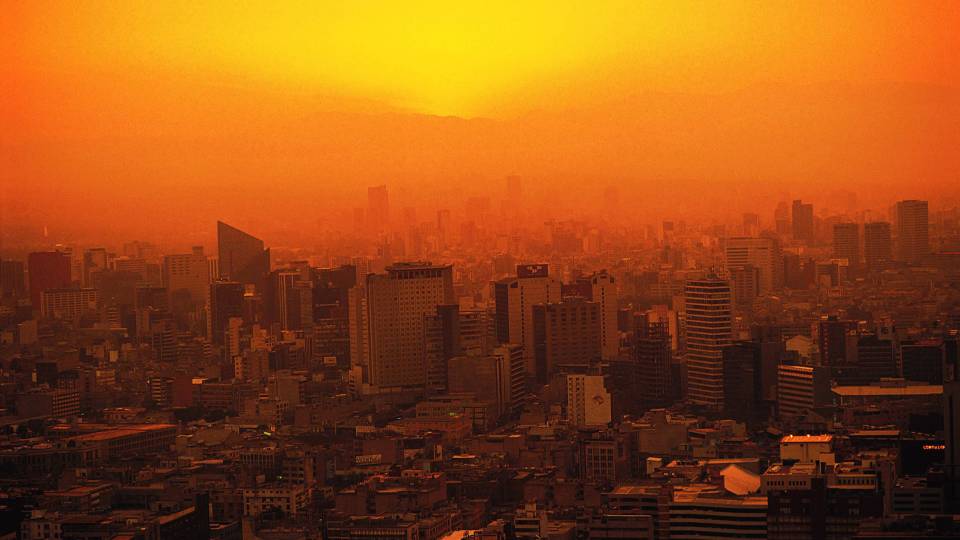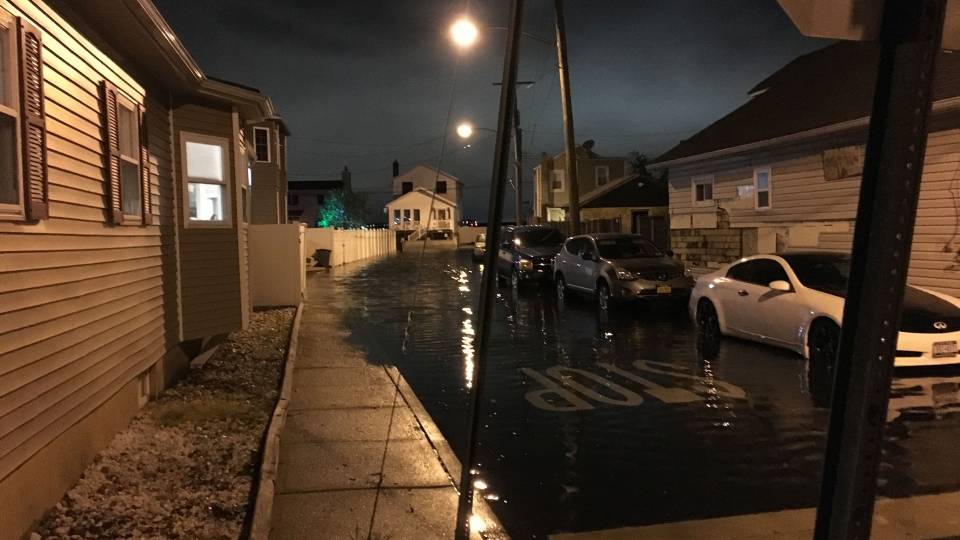Michael Oppenheimer
Professor Michael Oppenheimer provided a brief, thorough history of climate science at an April 9 hearing held by the House Committee on Oversight and Reform’s Subcommittee on the Environment.
The hearing was part one of an examination of the historic scientific consensus about climate change, the role of the fossil fuel industry in spreading misinformation, and the economic consequences of policy inaction.
Oppenheimer is a climate expert at Princeton and a long-time participant in the Intergovernmental Panel on Climate Change (IPCC), which he cited in his testimony. He joined four witnesses at the testimony: Tim Wirth, former senator from Colorado; Jeffrey Sachs, university professor and director of the Center for Sustainable Development at Columbia University; and Nicolas Loris, deputy director of the Thomas A. Roe Institute of Economic Policy Studies.
At Princeton, Oppenheimer is the Albert G. Milbank Professor of Geosciences and International Affairs and the Princeton Environmental Institute, and director of the Center for Policy Research on Energy and the Environment, based at the Woodrow Wilson School of Public and International Affairs.
Below is a timeline of the historical markers noted in Oppenheimer’s testimony.
Climate Change: An Evolution of Understanding
EARLY DEVELOPMENTS
- 1824
Joseph Fourier discovers what was later called the “greenhouse effect.” - 1850s
John Tyndall finds water vapor and CO2 determine variations in Earth’s climate. - 1896
Svante Arrhenius publishes first estimates of future global warming caused by coal combustion.
MODERN SCIENCE EMERGES
- 1950s
Roger Revelle and Hans Suess show that atmospheric CO2 has increased from the combustion of fossil fuels. - 1960s
Based on the first continuous measurements of carbon dioxide in the atmosphere that he began atop Mauna Loa in Hawaii in 1957, C.D. Keeling finds that atmospheric CO2 has been steadily increasing. - 1979
Scientific consensus begins to emerge: CO2 will lead to significant warming of the Earth. - 1980s
Important scientific developments occur, including three big ones:- Analyses show long-term warming of the Earth by 0.4 °C since 1880.
- Ice core dating back 160,000 years is retrieved from Antarctic ice sheet and provides carbon dioxide and temperature records showing high correlations.
- Climate models improve, incorporate ocean heat transport.
- 1985
Climate experts call for an international framework to slow warming. - 1988
The Intergovernmental Panel on Climate Change (IPCC) is formed. - 1990
IPCC releases its first assessment. - 1991
Countries begin negotiating the U.N. Framework Convention on Climate Change. - 1992
President George H.W. Bush signs the treaty; U.S. Senate ratifies it. - 1996
IPCC’s Second Assessment: “The balance of evidence suggests a discernable human influence on global climate.” - 2001
IPCC’s Third Assessment reveals most of the warming observed over the last 50 years is attributable to human activities. - 2007
IPCC’s Fourth Assessment shows most of the warming observed since the mid-20th century is very likely due to the observed increase in anthropogenic greenhouse gas concentrations. - 2013
IPCC’s Fifth Assessment explains that it’s extremely likely that more than half of the observed increase in Earth's temperature from 1951 to 2010 was caused by increases in greenhouse gas concentrations and other human activities together.










